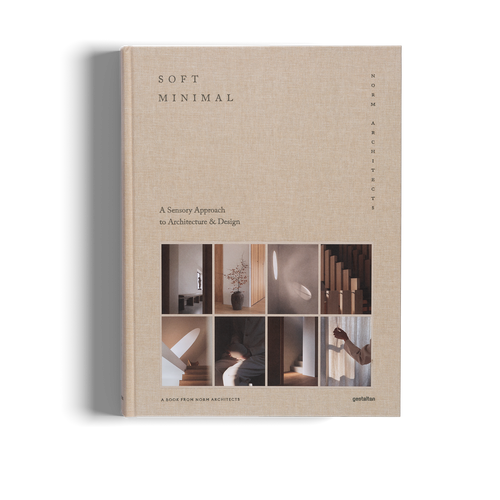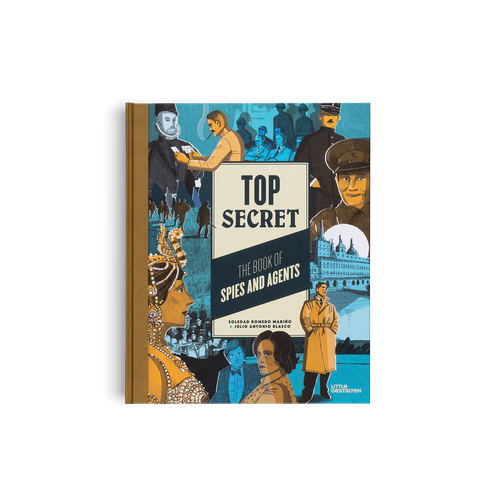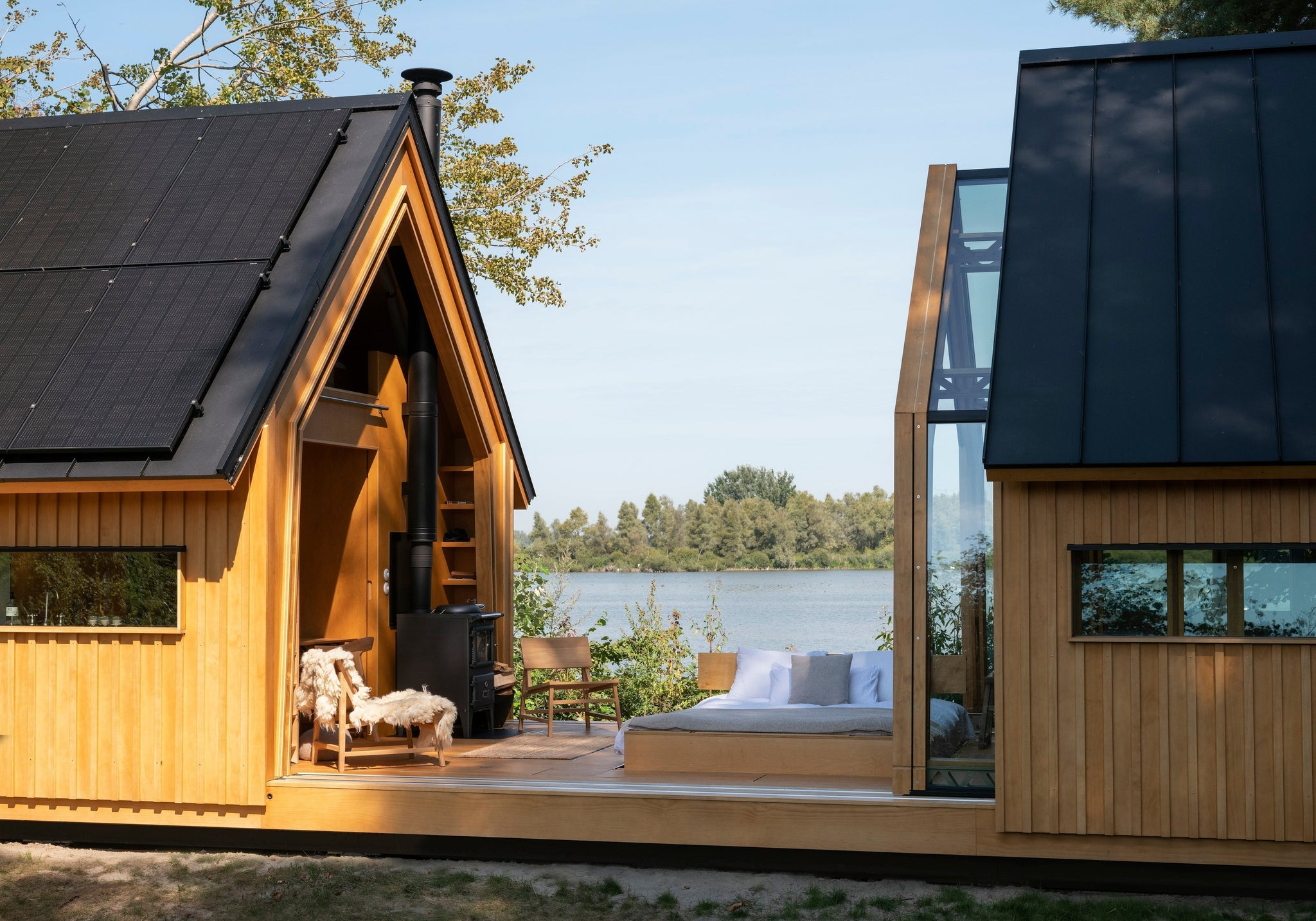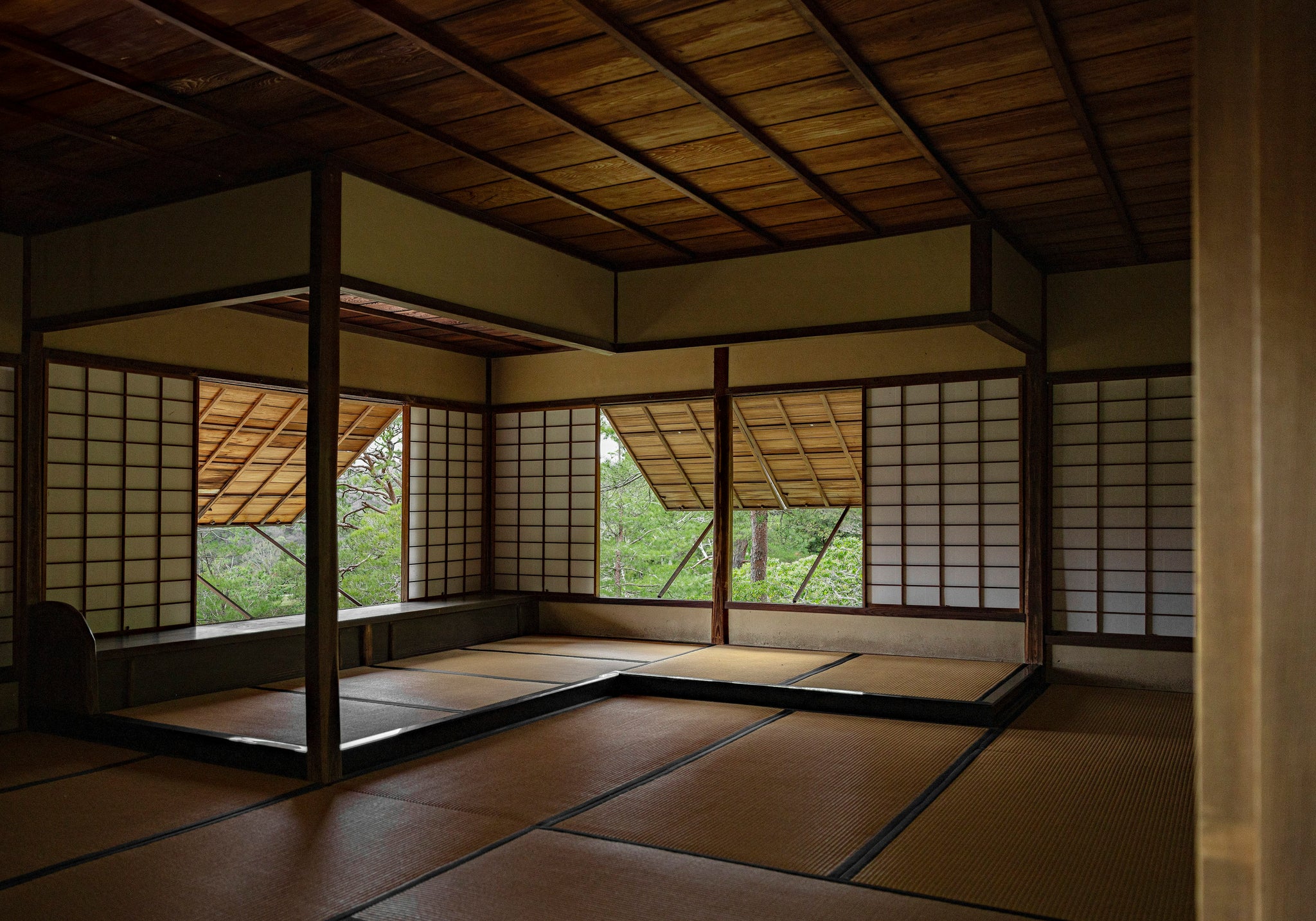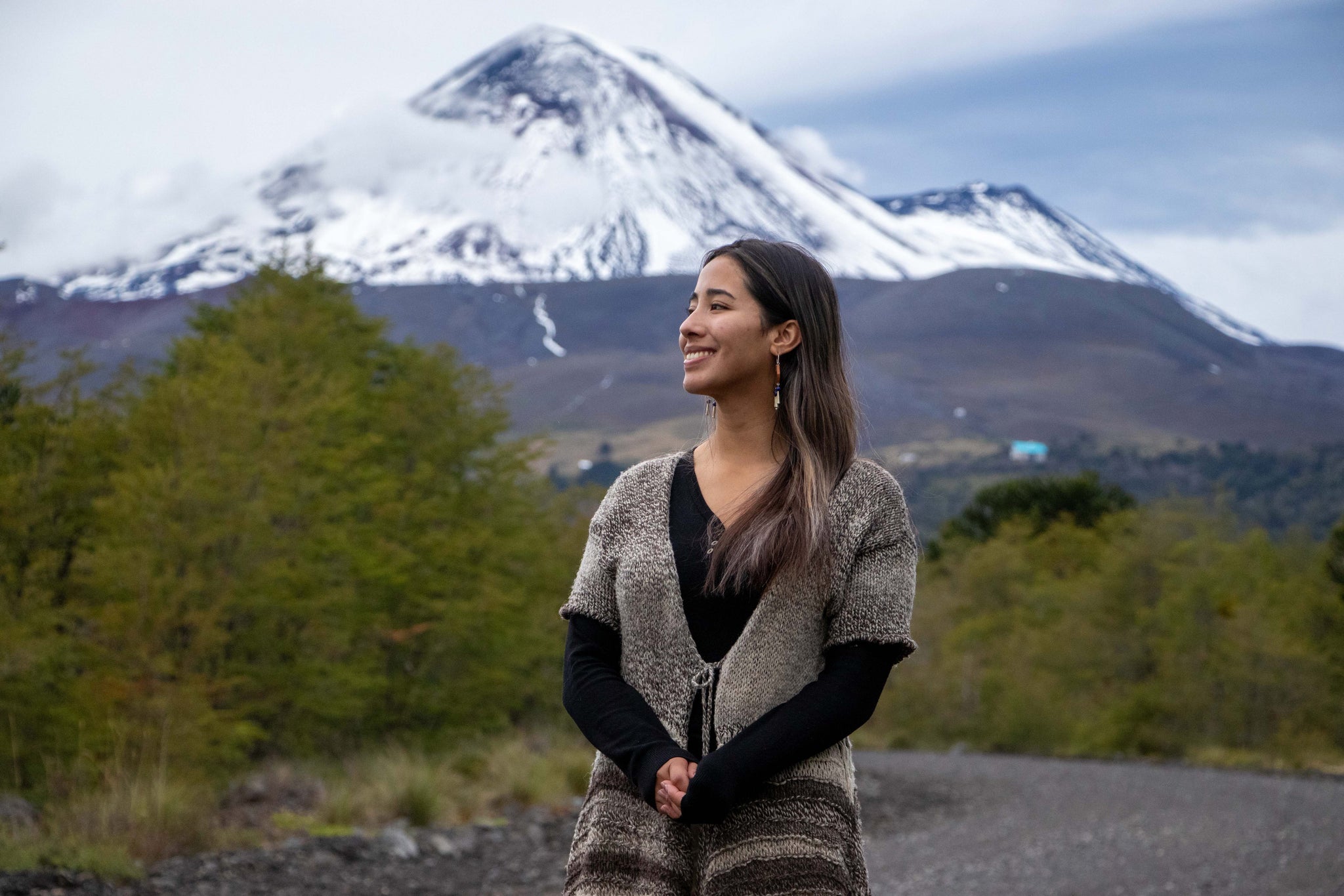
08/2021 design & fashion
A former features editor of Vogue Turkey with 10 years of experience, Yaprak Aras decided to change paths and begin an entrepreneurial journey of her own in 2014. What started as a side hustle–a souq market in Istanbul to sell vintage clothes–quickly grew into a global retail business that champions local culture.
“I wanted to sell my vintage clothes in this amazing warehouse–an old ice-cream factory–in the historical part of Istanbul,” says Yaprak. “Istanbul Fashion Week was coming up and it would take place close to this warehouse. So we thought about inviting designer friends and brands to showcase their collections alongside our vintage clothes. The idea was that we would work around themes, just like I was doing at the magazines and newspapers I worked at.” The first sale coincided with one of the biggest street protests of the year but, aside from that, Yaprak explains, “it went well. So we decided to have a souq every month.”
Each of her markets showcased emerging local designers alongside around 20 different businesses. She took the concept beyond the nuts and bolts of retail with mini-exhibitions of artists, illustrators, and even NGOs, to celebrate and contextualize local culture: from not-for-profit organizations such as Anatolian Rock Revival Project, which champions Turkish folk and rock music, to artworks from Muazzez Türker, aka Arty Gran, who started painting at the age of 80. The markets developed to include independent souqs (with brands paying for the stalls) and some for commercial clients, including shopping malls and hotels (which paid a fee). Either way, Yaprak didn’t request a cut of sales. After the fifth bazaar, she quit Vogue to launch Souq Dükkan full-time with her partner Alican Tezer, a musician and visual designer.
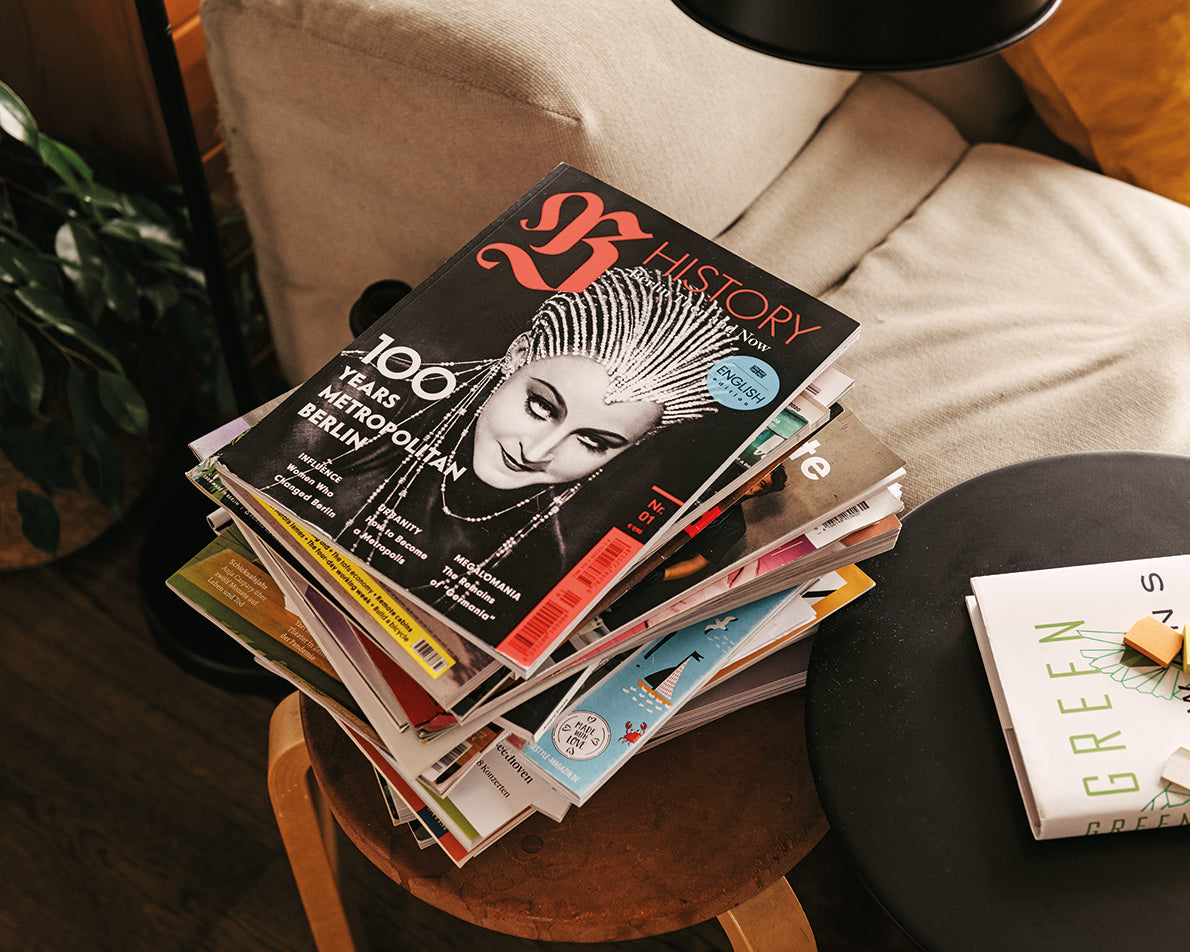
Yaprak loves vintage books and magazines, ‘but I prefer supporting independent titles doing amazing things with passion. They’re like books–you can see the effort and dedication in every issue,’ she says. (Photo: Robert Reiger, Work Better. Live Smarter. Be Happier.)
Yaprak says that leaving Vogue was a huge decision. “I had to make sure that the markets were going well enough that they would fulfill me both economically and morally. That was the only preparation I made,” she says. “I believe that my 10 years of experience as a magazine editor and journalist helped in founding Souq. Because researching was already a part of my life, I was always on the hunt for new brands, tendencies, artists, designers. It is also easier to reach out to designers and brands when you are a journalist.”
She took a similar approach to create the markets that she took to magazine editing. ‘We carefully picked the brands, artisans, artists and charities around our chosen themes– handmade, natural, play, summer, winter, feast, street food, for example–and showcased them in a nice atmosphere," says Yaprak, who also created a magazine for Souq Dükkan.
Within a year, she opened a shop in the warehouse (with different brands to those sold in the monthly markets), followed two years later by an international online store and a move to Berlin–to do the same in the German capital, but with a stronger focus on events. Yaprak began by organizing souq markets with culturally appropriate themes, mostly at Soho House Berlin–markets focused on pots and plants, women-founded businesses, and hygge. Yaprak and Alican were working on a food festival in Berlin and other markets, including one in Amsterdam, when Covid-19 forced them to pause their plans.
Born in Ankara, the capital of Turkey, Yaprak studied international relations but moved to Istanbul for an internship at a national newspaper–the start of a journalism career that spanned 10 years across newspapers and magazines, covering fashion and lifestyle. In 2008, she started a fashion trends blog called Trendometre–‘one of the first in Turkey back in the day,' she says–which turned into a weekly newspaper column. Her last press role was as features editor at Vogue Turkey, which she held for four years.
The couple used to travel between their projects in Germany and Turkey, but more recently have been managing the Istanbul store and online shop from Berlin. They had to send plants, food, and cosmetics back to suppliers when the store was forced to close for two months, but all eight employees received full pay, with some government support.

Yaprak launched Souq Dükkan in Istanbul before expanding to Berlin and tailoring the business to the needs of the local communities in both places. Now based in Germany, she spent much of the pandemic at home with her cat Pinco. (Photo: Robert Reiger, Work Better. Live Smarter. Be Happier.)
They switched to shipping out orders twice a week (instead of every weekday), but same-day courier deliveries skyrocketed. “Reopening was so stressful,” Yaprak admits. “We read many guidelines from all over the world–from restaurant reopenings to photo-shoot guidelines–so as not to miss anything. We are still very careful. They’ve also found new ways to innovate, creating pop-ups for their brands in the Istanbul store and launching private video-call shopping sessions with customers who cannot visit in person. “I believe that our adaptability comes from our event experience,” Yaprak says. She adds that the business’s swift move to launching an online shop–two years after the physical store opened–has helped safeguard its future.
‘While many brands were opening new stores, we were concentrating on online operations. This has been one of the things we’ve been thankful for–we did not have to move online rapidly and our customers already knew where to find us on the day we closed down our store,” she says, adding that an online presence is a must for all businesses. “It is like a door to a bricks-and-mortar store–you cannot have a store without a door.”
But she insists that physical stores still have a future, thanks in large part to a greater emphasis on shopping locally. “We saw that people were more eager to visit and support their neighborhood shops,” she says. “There has been a much greater emphasis on localization with the disruption in supply chains. But it has always been top of our agenda to work mostly with local designers, so we didn’t have any supply chain problems. I think “localization” is here to stay.”
Yaprak also believes that consumers have become more aware of their contribution to the climate crisis; in turn, brands will be compelled to change or enhance their values and propositions–a lesson learned since moving to Berlin. “Germany, but Berlin specifically, has been an eye-opener for me. Coming from Turkey, one can see the differences in cultures, attitudes, and expectations. We have started to make changes in our Istanbul store after moving to Berlin. Now, we not only focus on local products but also on more sustainable brands, with fair trade practices,” says Yaprak, referring to Berlin’s reputation for sustainable innovation.

With a 360-degree panorama of Berlin, the rooftop is where the couple entertains friends and shoot music videos for Alican’s bands and solo albums. (Photo: Robert Reiger, Work Better. Live Smarter. Be Happier.)
On top of store closures and restrictions, Yaprak has endured hard times in Turkey, including protests, bombings, and an attempted coup d’ tat–with the economy unsurprisingly suffering as a result. In response, the business has learned to “make plans B, C, and D, to make adjustments along the way.”
Being open to learning as you go is her biggest piece of advice to new business owners. “Don’t wait to have everything to launch; you can learn along the way,” she says. “I see a tendency for perfectionism in entrepreneurs, but whatever you do, you are never ready. I was a journalist, Alican was and is a musician. Then we were event organizers. One year later, we were store owners. We didn’t know how to operate a store, how to display the merchandise, or how to do the accounting.”
Ultimately, Yaprak believes that the single most important factor in launching a new business is people. “Be curious and open-minded all the time. It is important to hear other people’s opinions,” she says. “Behave fairly and respectfully to everyone–businesses are made of people. You have to be kind to your customers, you have to empathize with your coworkers. Do not get poisoned by success; work-life will have ups and downs. And do not rush your way to success–try to have a sustainable business.”
This story was originally featured in Work Better. Live Smarter. Be Happier., a new title that profiles 25 entrepreneurs, exploring how they live and work and offers practical advice.

